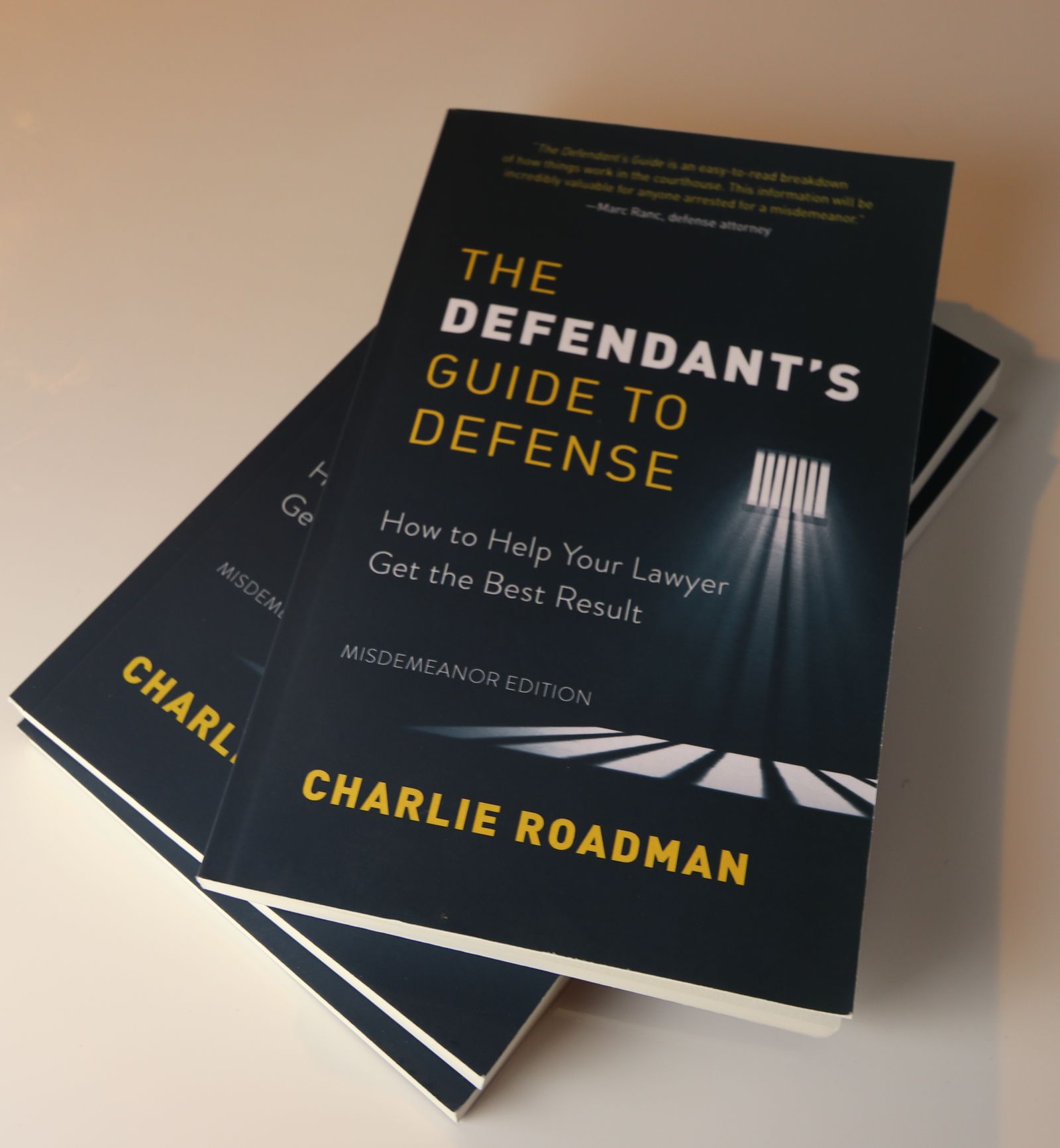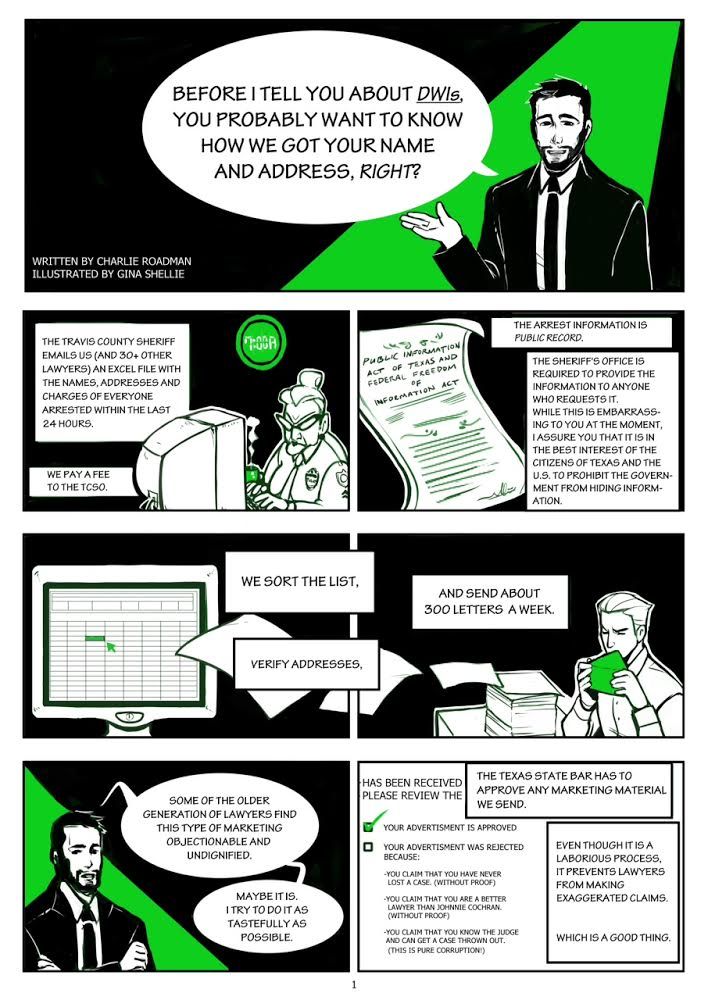Misdemeanor Assault Family Violence
Assault Family Violence Defense
If you’ve just been arrested for assault, you probably have a thousand questions racing through your mind. What can I do now? What is the process? Will I go back to jail?
You need experienced Austin assault family violence attorneys who understand the Travis County court system inside and out. We zealously represent your rights throughout this process and answer all the questions you have along the way.
Our team has a combined 30+ years of experience helping people charged with assault in Austin. We will tell you what to expect and how to improve the chances of getting the best result. Having experienced attorneys can make the difference between getting your case dismissed or being convicted. See Our Recent Dismissals
What is Assault Family Violence?
You can be charged with assault with dating or family violence if the police believe you intentionally, knowingly, or recklessly caused bodily injury to someone who you’re dating, related to, living with, or married to. Assault family violence cases can be between family members, like husband and wife, but also could come from a fight between roommates who are not related.
If violence is carried out between these types of relationships, it can be considered dating or family violence:
Current or former spouse, partner, boyfriend/girlfriend
Parent of your child
Child of your current or former spouse
Blood or adoptive family member
Foster child
Roommate
An assault allegation in Texas requires "bodily injury." The definition of bodily injury comes from the Texas Penal Code and is defined as physical pain, illness, or any impairment of physical condition. Figuring out where the assault family violence case lies within this definition can be subjective, based on what information is in the PC Affidavit and what the prosecutor thinks about the case.
Dating and family violence assault cases can be enhanced to a felony conviction if the defendant is arrested again. There are also potential consequences to your right to own a firearm after a dating or family violence charge.
Outcomes of a Assault Family Violence Case
The punishment for assault with bodily injury to a family member can include jail time, probation, fines, and a potential Class A misdemeanor conviction on your record. The punishment for a Class A Misdemeanor can mean up to a year in county jail, or up to two years probation. Assault cases take an average of 8-10 months for a resolution, plus time for your probation if you receive community supervision as a part of the resolution.
There are several outcomes after being charged with assault dating or family violence. Our team will diligently work for the best result possible for your case. Assault cases can result in a dismissal, deferred adjudication probation, up to two-years straight probation, county jail time, or a jury trial. Travis County also has a year long Family Violence Intervention Program, which leads to a dismissal of the case entirely (if you comply with the conditions).
Your bond conditions are determined by the judge who makes a decision based on the police report in the PC Affidavit. Your bond conditions could include restrictions like staying away from the complaining witness, your house, etc. You’ll receive your bond conditions verbally from the magistrate (or your lawyer) and on your bond paperwork when you leave the jail, so you will know exactly what to do and not to do. It’s very important that you abide by these conditions, even though it can be difficult and feel unfair. There are no exceptions to these bond conditions (without a Judge approving the change); for example, if your bond condition includes a “stay away” from your house, but you need to pick up medication from your house after you’re out of jail, you cannot go to the house yourself and pick them up.
Bond Conditions on an Assault Case
The judge creates these conditions based on what I call the “Hypothetical Future Tragedy.” This is the concept that the Judge’s decisions are designed to reduce the chance that a “tragedy” happens if the defendant is released from jail. The last thing the Judge wants to happen is for violence to occur (again) and someone to get hurt, or worse. The Judge will come up with rules (bond conditions) that reduce the chance that something else happens when the defendant is released from jail. Typical rules on an assault bond would be “stay away from the complaining witness”, “no contact with the complaining witness”, “stay away from an address”, and/or a GPS monitor. Even though the defendant has only been arrested, and not been “convicted,” the Judge is allowed to make any reasonable rules on a bond. If the defendant is caught violating the conditions, the Judge will revoke the bond and an arrest warrant will be issued.
The Judge can change/amend the bond conditions on an assault case if the defense lawyer is able to convince the Judge that the changes are reasonable, fair, and will not be risky.
There is also the possibility that the Judge grants an Emergency Protect Order (EPO) - which typically bars the defendant from going within 200 yards of an address or person(s) and restrictions on communication. The EPO different from a bond condition, because a violation of a Protective Order results in a new additional charge.
Counseling on an Assault Case
Often the prosecutor's goal is simply to pressure the defendant into making changes so that the violence will not happen again. These types of changes are what the counseling classes are designed to elicit. The classes that are common on assault cases teach tools to handle conflict and avoid violence. In my experience, my clients often find significant benefit from the classes and are happy that they were required to take them. Here is more information on the BIPP class.
Private counseling is also beneficial. We will need to get a letter from the therapist at various points during the process.
Common Legal Defenses on an Assault Case
Here are some common legal defenses for a misdemeanor family violence assault case:
Self Defense
In Texas, you are allowed to use a reasonable amount of violence in self defense. However, it is often difficult to get police and the prosecutors to believe you acted in self-defense (without a video showing the incident or credible witnesses). This is because it is common for people who have been arrested for assault to claim self-defense. In other words, so many people have lied about it that it is very hard to get people to believe you. Sometimes the only thing to do in these cases is to have a jury trial.
Lack of intent
In order to be convicted of assault, the Judge or jury must find that you intentionally, knowingly, or recklessly caused bodily injury to another as described in section 22.01 the Texas Penal Code.
Insufficient evidence
We can challenge the evidence and raise doubts about the credibility and reliability of the event and of the witness.

Charlie discusses assault family violence cases With Attorney Kiele Pace.
This interview discusses what to expect after an arrest and offers advice on what to do while the case is pending.



